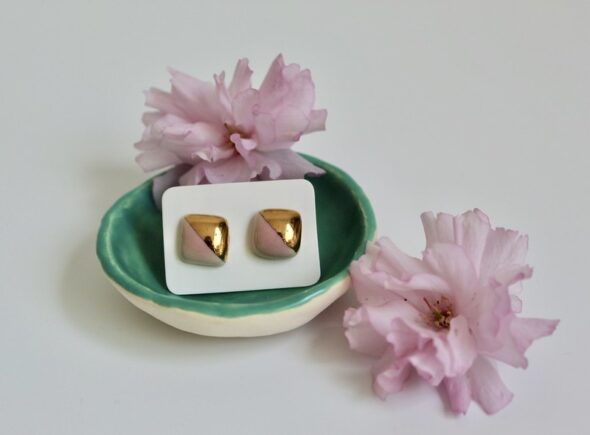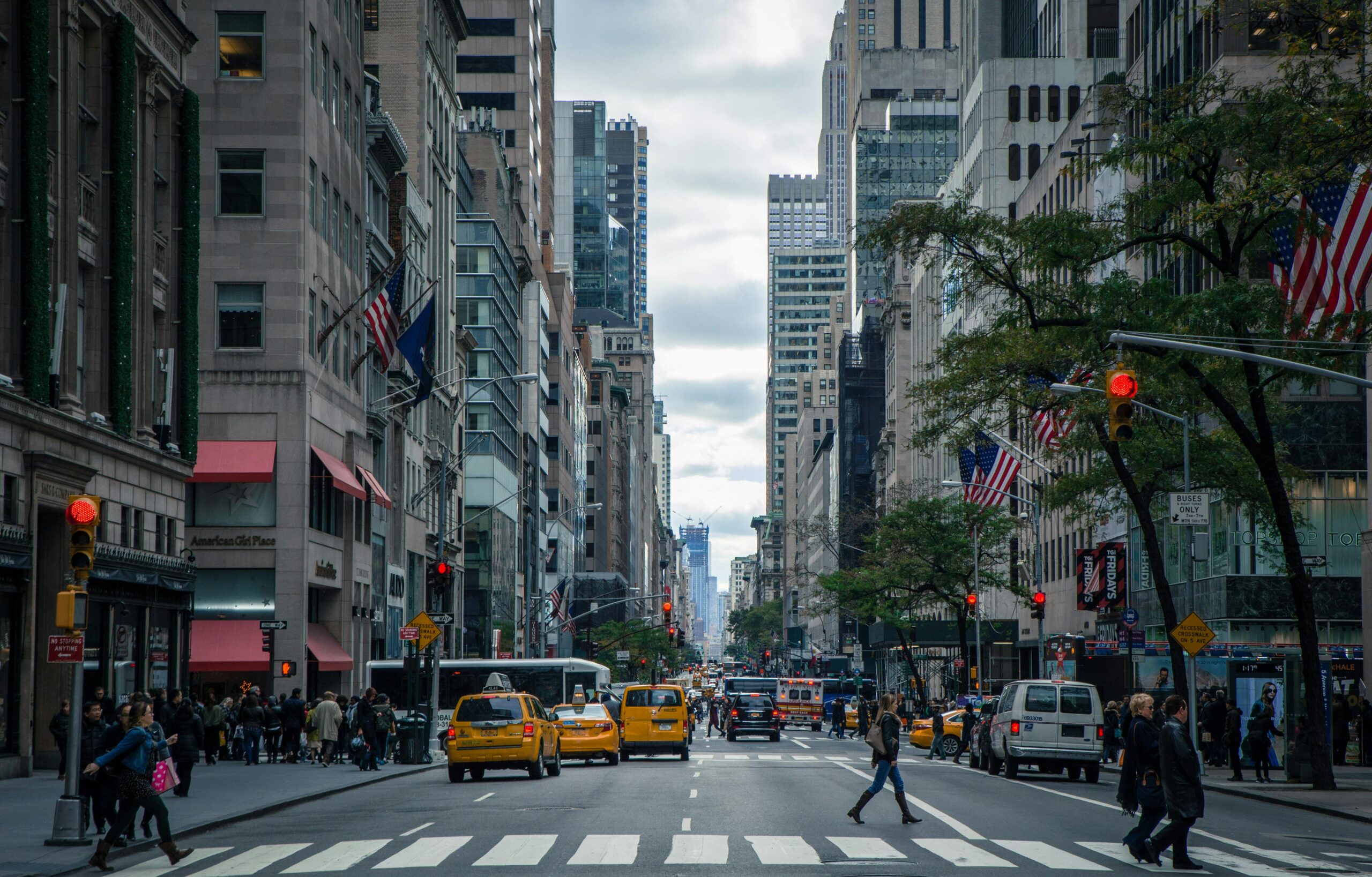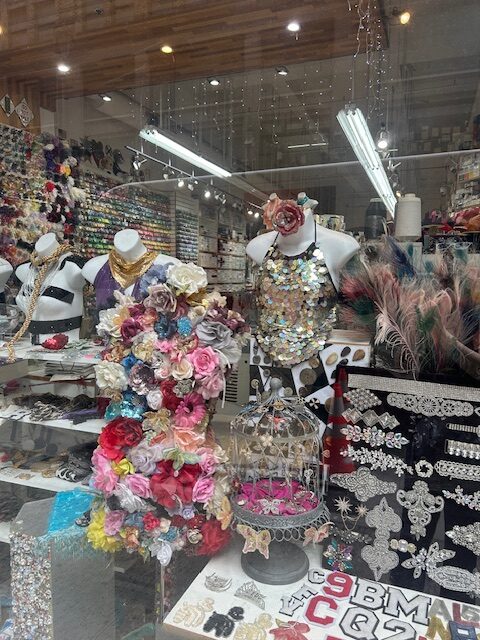The protests over the death of George Floyd have led to a strong push to support black-owned businesses. Makeda Smith, owner of Sio Ceramics in Washington, D.C. said she has gained more followers in her business’ Instagram account and an uptick in sales. She decided to use this opportunity to donate 50% of her sales through the month of June to Frontline Women DC, a local organization that supports Washington, D.C. residents, particularly women of color in low-income communities.
“Art and activism go hand-in-hand. Artists can physically see the emotion that people are experiencing, the trauma, the disregard, the bloodshed. It’s a mark of what is occurring. It’s another way to write history and to keep records,” said Smith.
During the month of June there have been more searches for black-owned businesses throughout the country. According to Google Trends data, searches for “how to support black owned businesses” saw a 133% increase from June 1 to June 7.
“Because of the recent events with George Floyd and Breonna Taylor there’s been a resurgence of people really wanting to support black businesses, and that has positively affected my business,” she said. “But because something so traumatic positively affected my business, I feel like it’s my responsibility as a black business owner to make sure I’m giving back to the people who are giving to me.”
Smith surpassed many obstacles when she decided she would make her passion, ceramics, into a business. She encountered many of the same challenges most people face when breaking into the art and small business worlds, i.e. applying for loans, building a customer base, marketing, etc. But she noticed an additional barrier when trying to enter art spaces to display her hand-built ceramic jewelry: the lack of diversity.

Smith’s Sio Ceramics hand-made earrings.
“I was submitting work into shows and wasn’t getting accepted,” she said. “What criteria am I not fitting into that’s not making my work visible? And you know, I thought of all the institutional barriers that are within the art world; it’s very white and very male centric.”
Instead of trying to find an art show or event she could fit in, Smith decided to create her own event to display her pieces. She reached out to A.J. Dunlap, the founder of Andie & AJ, an online platform that highlights diverse beauty to create an artistry group. From that partnership emerged Th3 Funktion, and the pair organized their first exhibition and fashion show in November of last year.
“The purpose of making the show was combining two different art forms together, but also creating an inclusive space where people felt represented,” she said. “And a lot of the models that we had in the show were representative of different races and different gender identities.”
Smith said visibility is key for black-owned businesses because they struggle the most with getting access to capital. According to a report by the Minority Business Development Agency, loan denial rates for minority businesses are three times higher than denial rates for non-minority businesses.
“I think representation is super duper important,” Smith said. “Having opportunities where you see black businesses coming together make them more accessible. If you don’t see them, how do you really know they even exist?”
She plans to donate to other local groups helping minorities in D.C. and continue to create black-owned business resources in Sio Ceramics’ Instagram page. According to her, there are many other ways to support these businesses besides donating or purchasing their products.
“Imagine if everyone’s sharing one black business with a friend that they liked, that is just as important,” Smith said. “It’s about doing what’s within your power to make an impact, and a lot of the important things are the day-to-day interactions. Talk to your friends about black businesses you want to support.”


